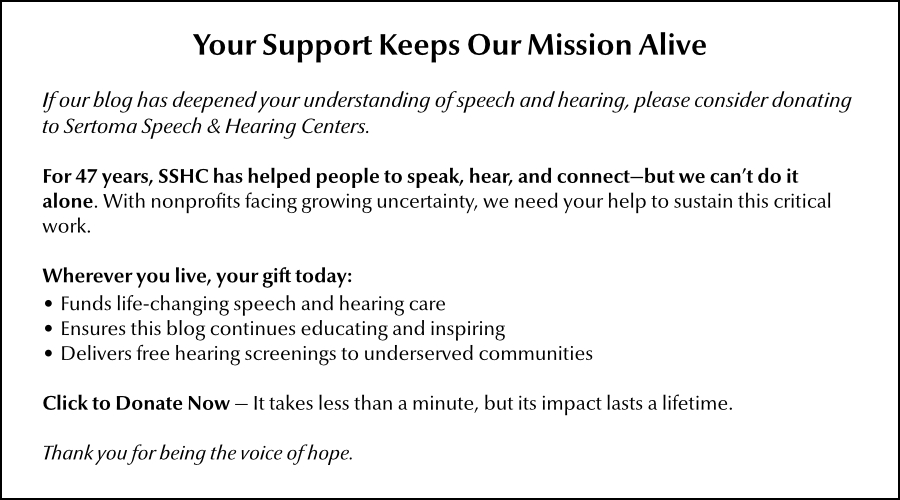Researchers at Monash University have found that daily nut consumption could significantly improve adults' health. The research, published in November 2024, tracked nearly 10,000 Australians aged 70 and older, examining their nut consumption and overall health.
Why it matters
Daily nut consumers were 23% less likely to develop dementia, experience persistent physical disability, or face early mortality compared to those who rarely ate nuts. This simple dietary choice could significantly impact healthy aging.
The big picture
Nuts are already known nutritional powerhouses, linked to improved cardiovascular health, better sperm count, and reduced risk of 19 types of cancer. This new research adds another compelling reason to incorporate them into daily diets, especially for older adults.
By the numbers
• Study size: 9,916 Australian adults over 70 • Recommended daily serving: 30 grams (about 1/3 cup) • What that looks like: 25 almonds, 10 walnuts, or 40 peanuts • Current reality: Australian seniors only consume 4-4.6 grams daily
“Our study was able to account for poor oral health and other foods that people usually ate, and after adjusting for these and other factors, eating nuts remained positively associated with a healthy lifespan in later life." —Holly Wild, lead author, and Ph.D. candidate, Monash University School of Public Health and Preventive Medicine

How it works
The benefits aren't limited to specific varieties - any sort of nut appears to help. For those with dental issues, there are multiple ways to incorporate nuts into their diet: • Whole nuts for those who can manage them • Chopped or crushed nuts added to salads and cereals • Nut meals for cooking and baking • Nut butters and pastes for easier consumption
The takeaway
- Store nuts in airtight containers in cool, dark places to maintain freshness.
- Mix different types to gain varied nutritional benefits, but limit salted, candied, and chocolate-covered varieties.
- The research suggests this simple dietary change after 70 could lead to a longer, healthier life with less risk of dementia and physical disability.
“If you are wanting to incorporate more nuts into your diet, nuts are available in multiple different forms in supermarkets these days, including whole nuts, chopped or crushed nuts, nuts meals, and nut butters or pastes. The latter options may be much more accessible to those with oral health issues, and chopped nuts can be added to salads, cereals and smoothies." —Holly Wild


